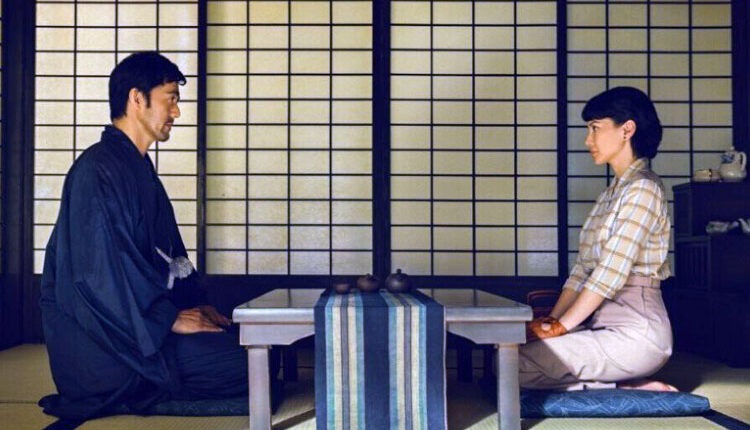Actor Hiroshi Abe talks about bath love scene with actress Lee Sinje

Japanese actor Hiroshi Abe has appeared in Kore-eda’s family dramas, Still Walking (2008), I Wish (2011) and After The Storm (2016).
Kore-eda’s films typically call for longer takes and more naturalistic acting compared with other projects that Abe might have done, which range from comedies to crime thrillers.
Speaking to Asian journalists at a virtual press conference on Sept 11, Hiroshi Abe reveals the paradox behind Kore-eda’s trademark naturalism: It is achieved only after many rehearsals, up to 30 of them. During these sessions, the writer-director works with the actors to iron out the final dialogue.
“He keeps adjusting the script as we get closer to the shoot date so that by the time we get to the set, the actors have adjusted and it all becomes natural,” Hiroshi Abe says through a translator.
In the film, directed by Taiwanese director Tom Lin, Hiroshi Abe is Aritomo, a mysterious Japanese expatriate living in Malaysia’s Cameron Highlands. Through him, main character Yun Ling – played as a younger woman by Malaysian actress Lee Sinje.
In middle age by Taiwanese actress Sylvia Chang – comes to terms with the trauma she suffered during the war when the British colony of Malaya came under Japanese occupation.
For many in parts of Asia that came under Japanese occupation or attack during World War II, the period remains a sensitive and controversial topic, especially when it comes to the issue of comfort women, the name given to local women forced into sexual slavery by the Japanese military.
Hiroshi Abe says he was drawn to the project because unlike other stories about the war, which tends to feature the conflict between “good guys and bad guys”, Garden takes the point of view of the victims and how they work through their suffering.
The film is a love story, he says, a topic that “everyone in the world can understand and through it, I hope people can learn to be more peaceful”.
It was a scene that actress Lee faced with some trepidation, says Abe. “Before the shoot, she said felt naive and wasn’t sure what was going to happen in the scene. All I could do was support her character and let my character take the pain that she was feeling,” he says.
The movie is adapted from the 2012 novel of the same name by Malaysian writer Tan Twan Eng, which was shortlisted for the Booker Prize and won the Man Asian Literary Prize.
Stay tuned with Gossipganj for latest updates and don’t forget to share this article with your friends and follow us on Twitter.
